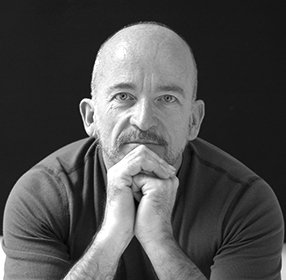Charlie Howard’s Descent
Between the bridge and the river
he falls through
a huge portion of night;
it is not as if falling
is something new. Over and over
he slipped into the gulf
between what he knew and how
he was known. What others wanted
opened like an abyss: the laughing
stock-clerks at the grocery, women
at the luncheonette amused by his gestures.
What could he do, live
with one hand tied
behind his back? So he began to fall
into the star-faced section
of night between the trestle
and the water because he could not meet
a little town's demands,
and his earrings shone and his wrists
were as limp as they were.
I imagine he took the insults in
and made of them a place to live;
we learn to use the names
because they are there,
familiar furniture: faggot
was the bed he slept in, hard
and white, but simple somehow,
queer something sharp
but finally useful, a tool,
all the jokes a chair,
stiff-backed to keep the spine straight,
a table, a lamp. And because
he's fallen for twenty-three years,
despite whatever awkwardness
his flailing arms and legs assume
he is beautiful
and like any good diver
has only an edge of fear
he transforms into grace.
Or else he is not afraid,
and in this way climbs back
up the ladder of his fall,
out of the river into the arms
of the three teenage boys
who hurled him from the edge -
really boys now, afraid,
their fathers' cars shivering behind them,
headlights on - and tells them
it's all right, that he knows
they didn't believe him
when he said he couldn't swim,
and blesses his killers
in the way that only the dead
can afford to forgive.
Copyright © 2014 by Mark Doty. Reprinted from Split This Rock’s The Quarry: A Social Justice Poetry Database.

